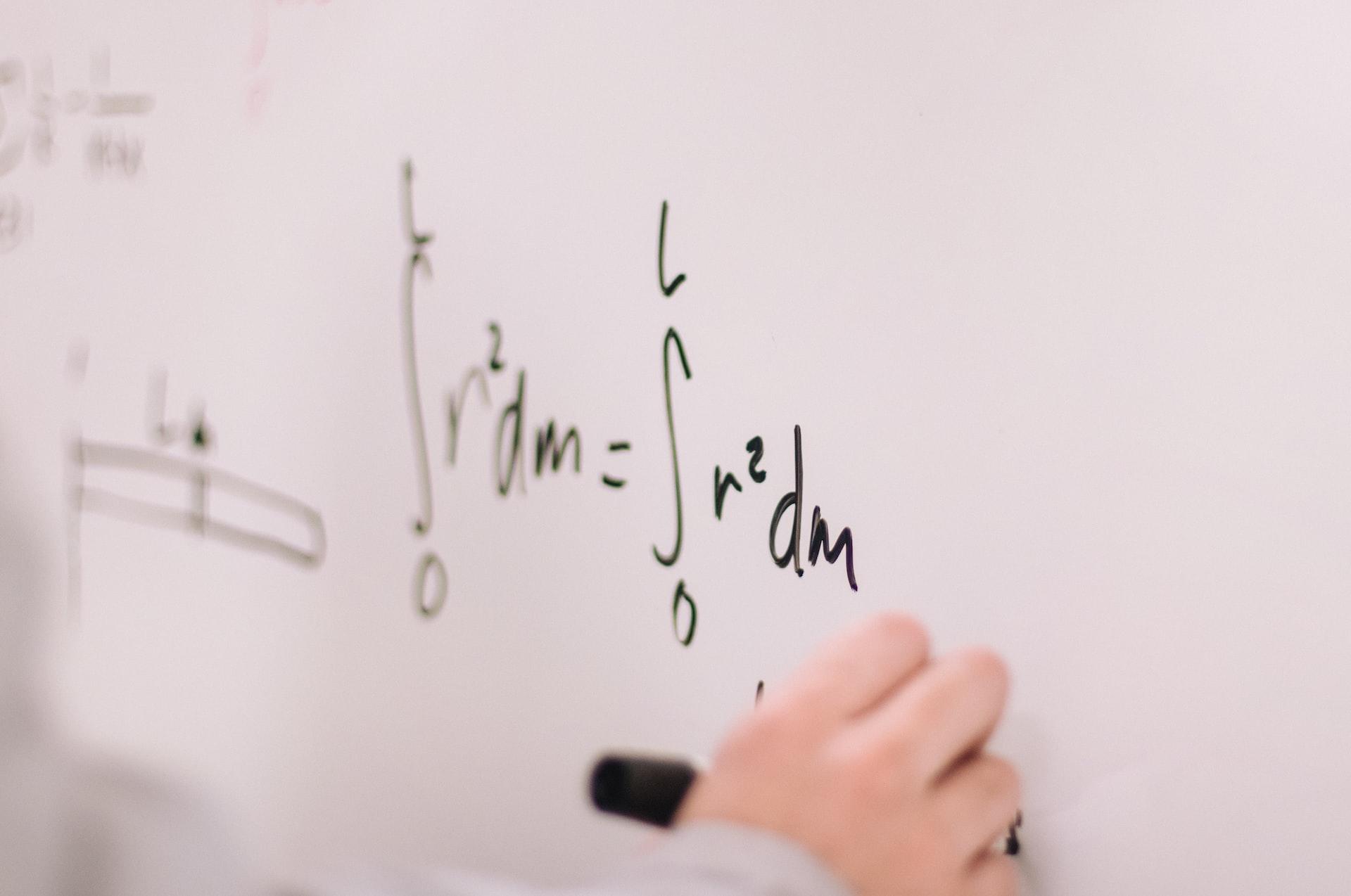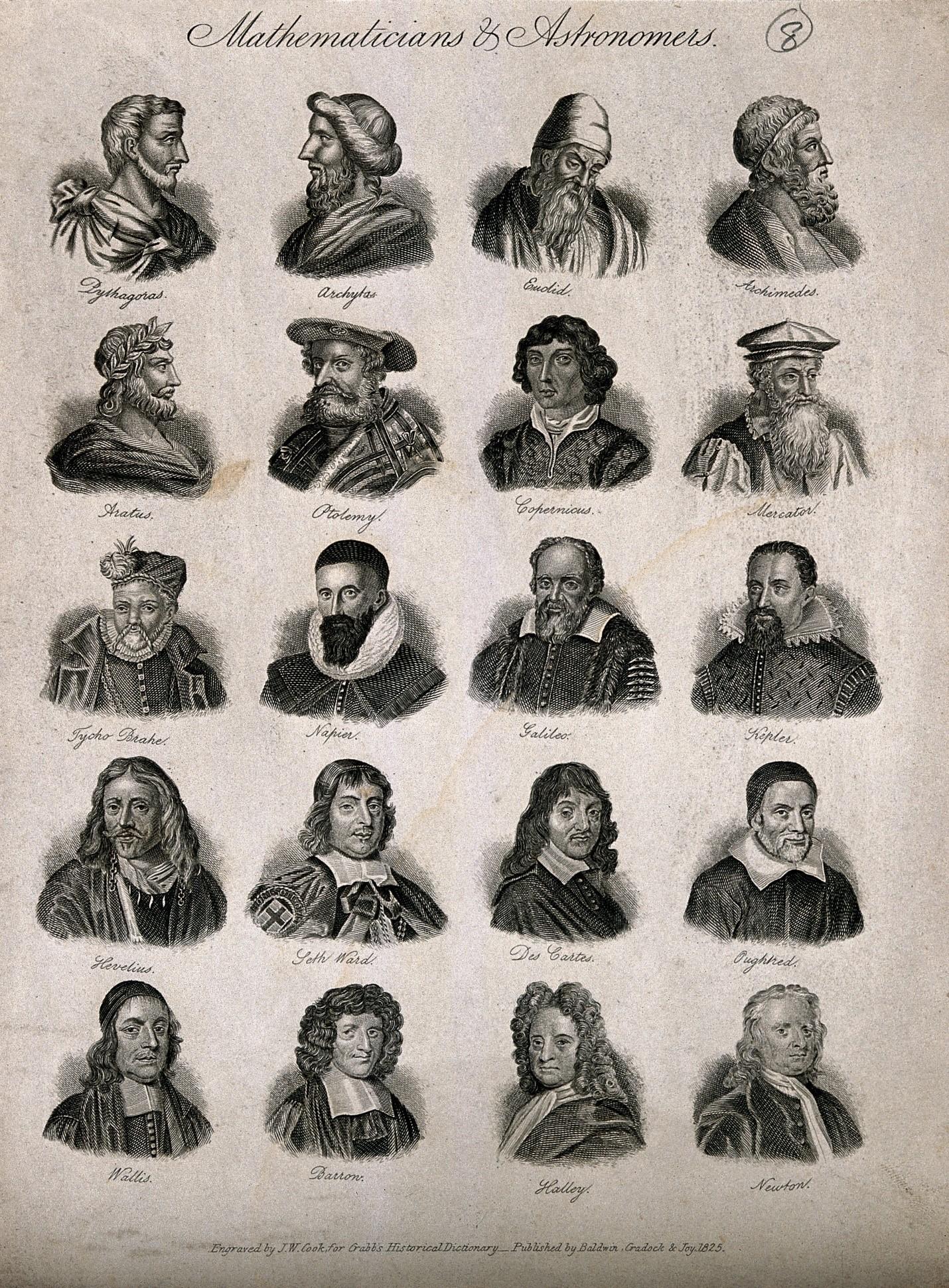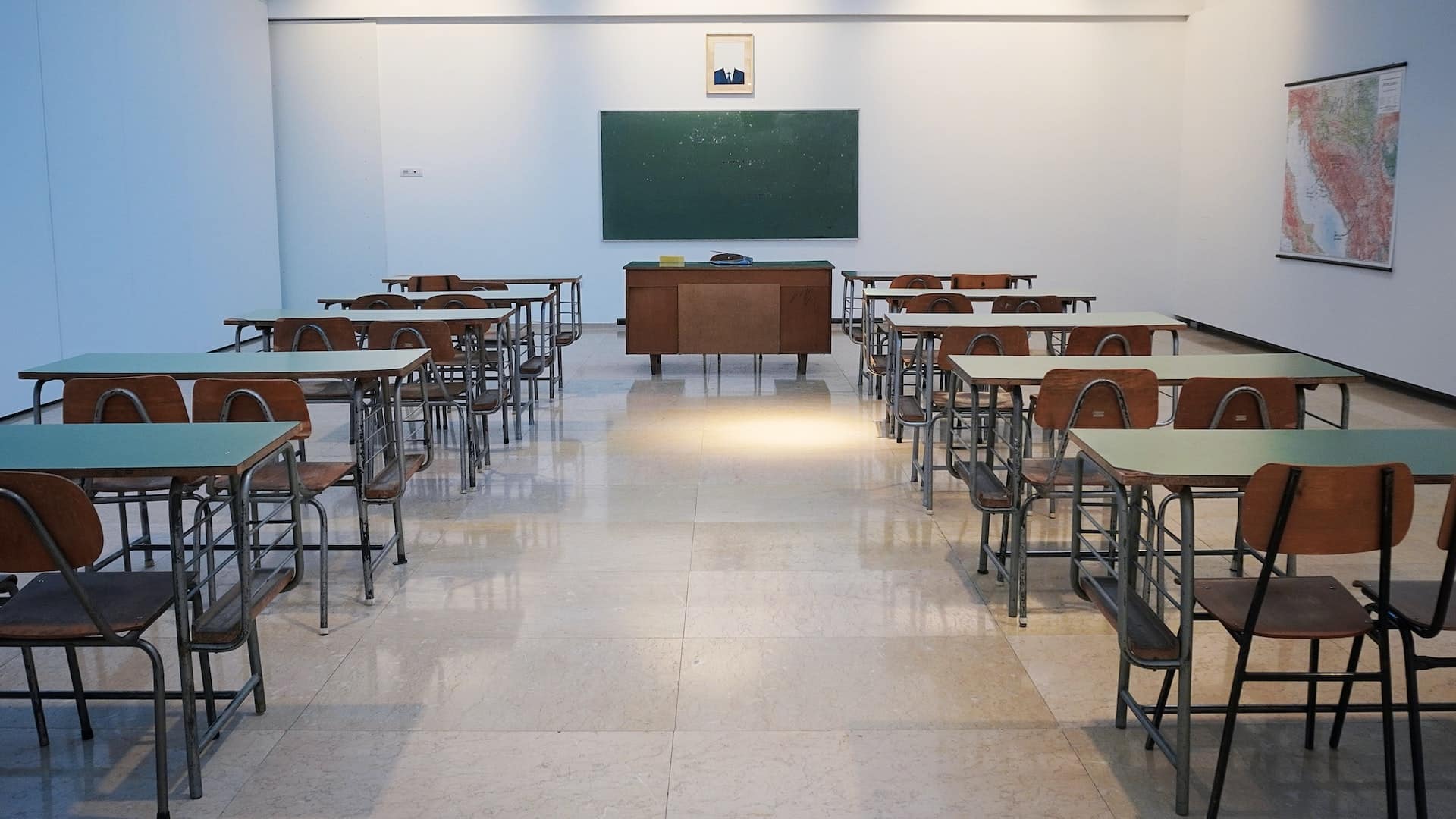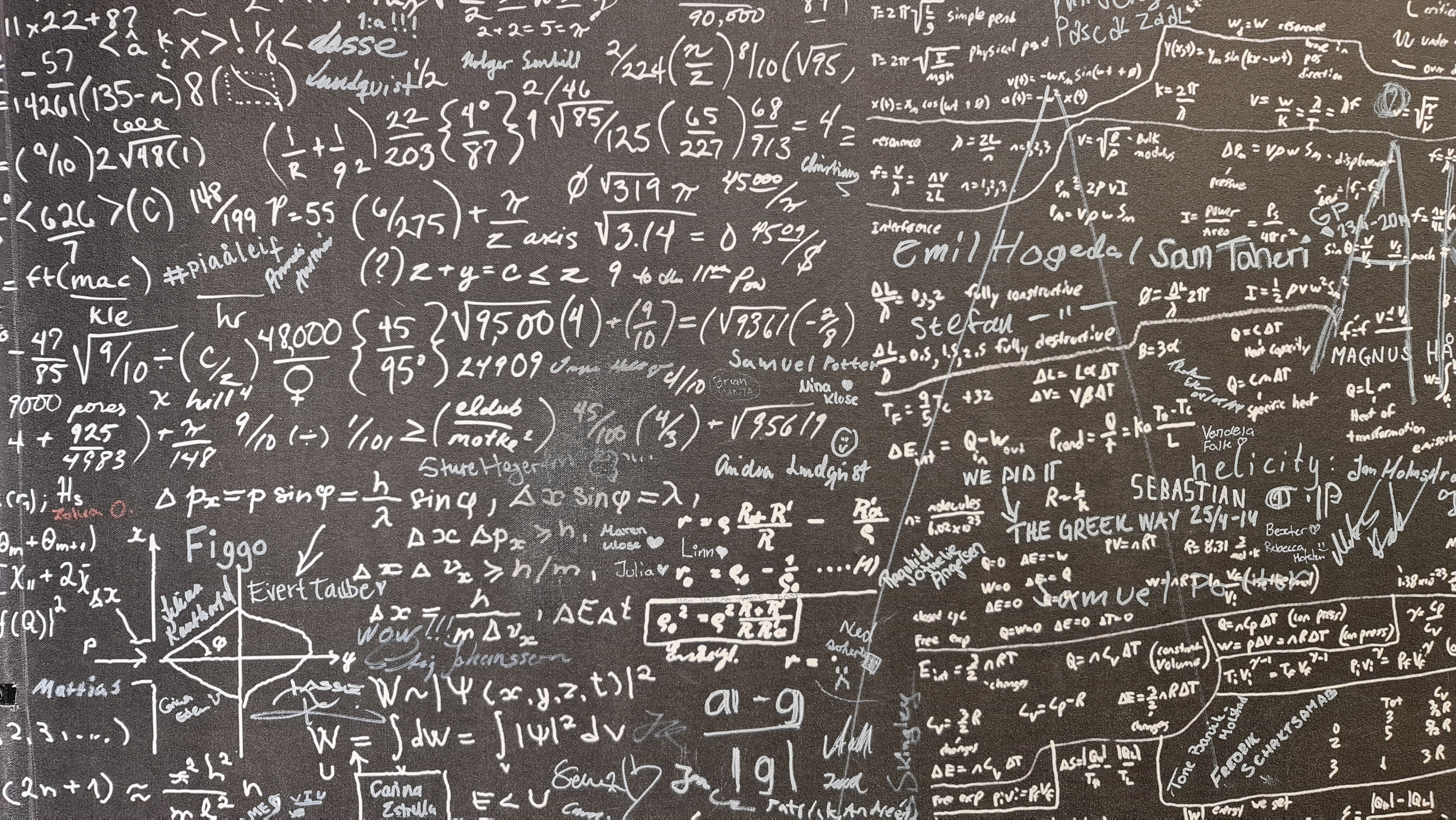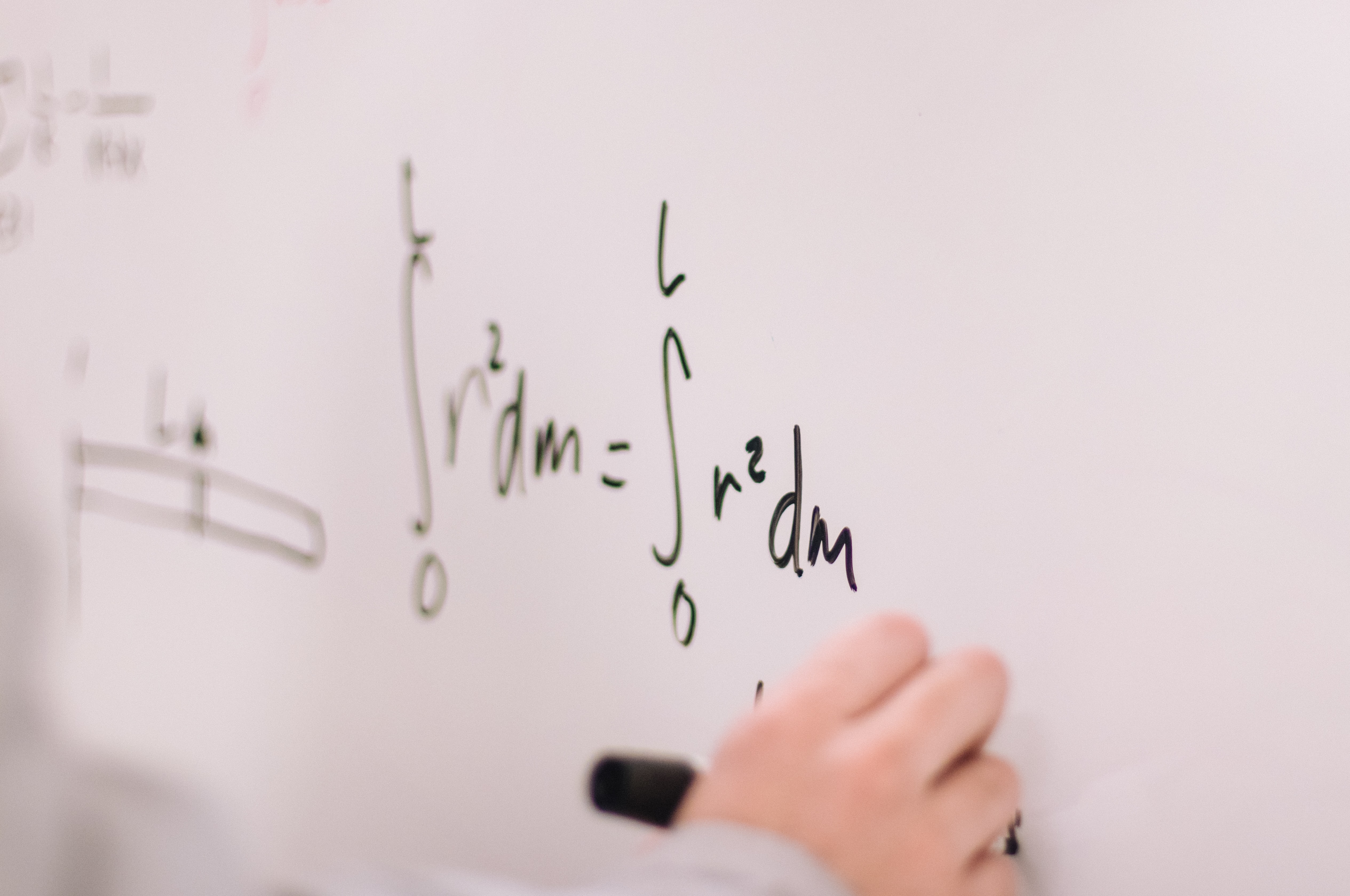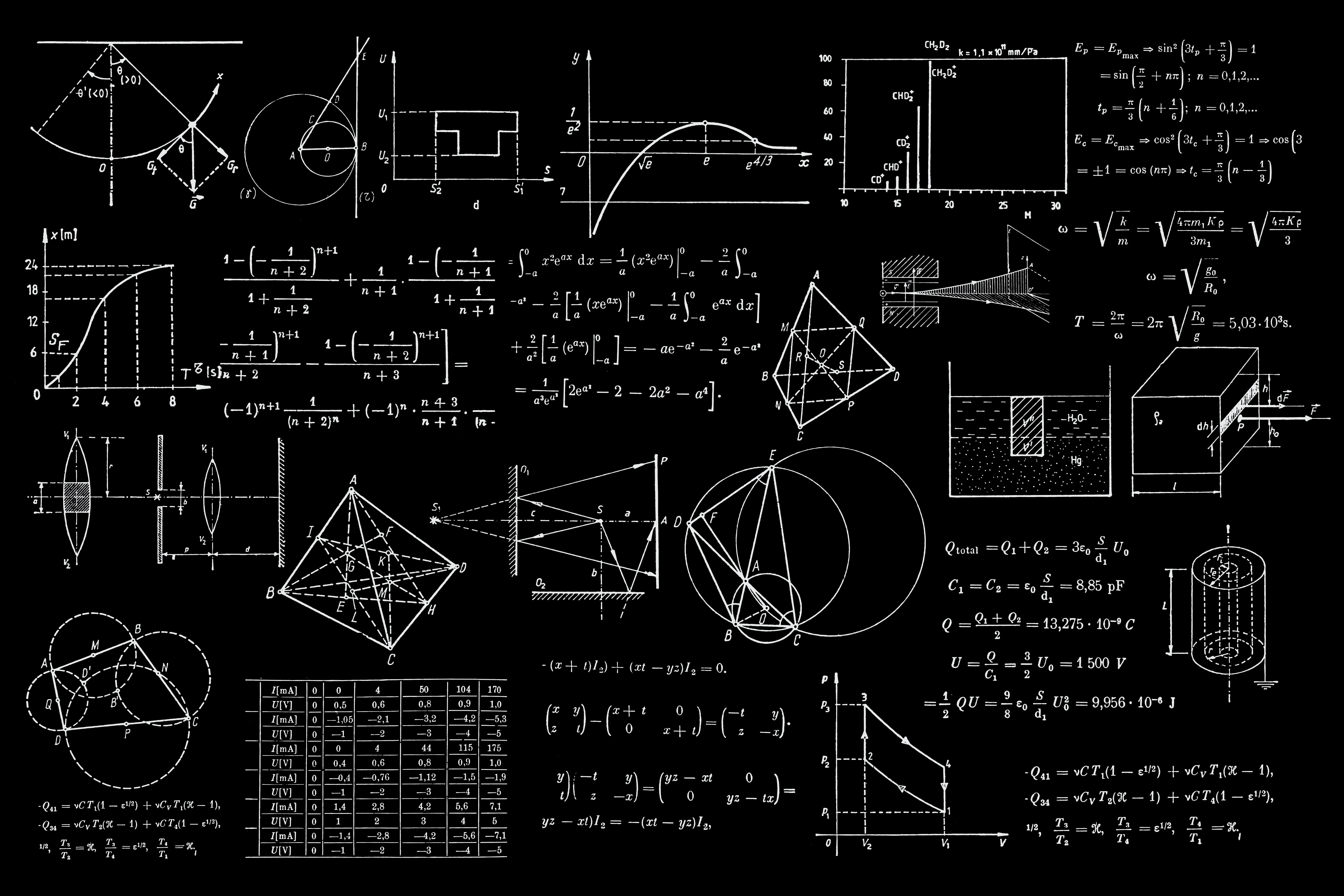Maths is one of those subjects that a lot of students might struggle with. If you're studying QCE maths, you might need some help getting ready for it.
With that in mind, let's see the different maths streams or subjects, how tutoring can help you to prepare, where you can find different resources, and why it's worthwhile studying QCE maths.
Discover some of the most qualified maths tutors near me in Sydney here.

Different Maths Streams
The Queensland Certificate of Education (QCE) for maths was changed in 2020 so if you were familiar with the old system, you'll need to now learn about the new system.
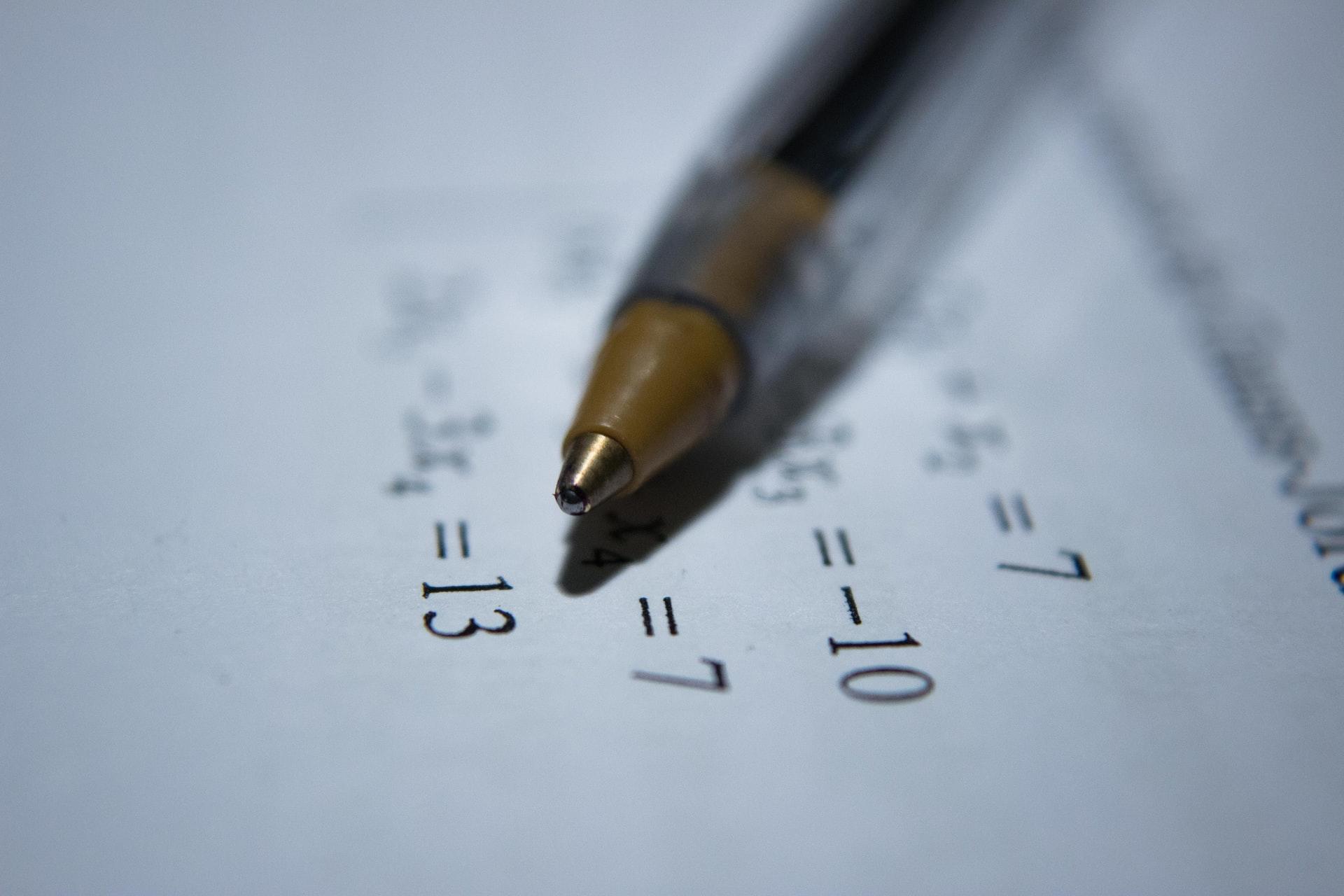
If you weren't familiar with the old system, students had to study either Maths A, Maths B, and Maths C, which is a fairly intuitive way to name three different maths streams of progressing difficulty. That meant that Maths A was the easiest of the three and Maths C was the most difficult.
Since 2020, the QCE Maths subjects are called Essential Mathematics, General Mathematics, Mathematical Methods, and Specialist Mathematics. These subjects are also of increasing difficulty, but they don't directly line up with or replace the older system. There is some equivalency, but they're not the same, especially when it comes to university admission, which also changed in 2020.
While we don't have time here to go into the new admissions system, we can look at the three new maths streams and what they involve as students have to choose their senior subjects in Year 10.
Essential Mathematics
Essential Mathematics focuses on the kind of maths you'd need for everyday life and is only for students who are unable to do any of the more advanced maths subjects.
Students doing Essential Mathematics won't take any external exams, either, but instead will be assessed by their school.
General Mathematics
General Mathematics is the easiest of the three main maths subjects (excluding Essential Mathematics), but it's more advanced than Maths A. It's not as difficult as Maths B, though.
This subject includes some key areas of mathematics including trigonometry, arithmetic, geometry, etc. but there's a much greater focus on applying maths to everyday life or vocational work.
The core mathematical topics like statistics, probability, and geometry are dealt with in more depth than they were in Maths A.
Even though students choose their senior subjects in Year 10, there's always the option to change in Year 11 if it's quickly apparent that a subject isn't right for their abilities.
Mathematical Methods
Mathematical Methods is the middle-tier of the QCE Mathematics subjects and the one that most students will look to complete as it's supposedly designed to be at the average level for students.
Mathematical Methods also include more abstract mathematical concepts and doesn't include as many of the vocational applications of maths found in General Mathematics.
This stream is also commonly used as the minimum requirement for university applications in mathematical subjects including science, business, medicine, IT, engineering, and, maths itself.
If you've done Mathematical Methods, you're unlikely to struggle with your first maths courses at university.
Specialist Mathematics
Finally, Specialist Mathematics is a stream that students can study in addition to Mathematical Methods. Specialist Mathematics is naturally more complicated and advanced than the other two and includes mathematics used in both engineering and science.
It's an excellent choice for students who excel in maths or would be interested in studying maths at university.
Benefits of QCE Maths Tutoring
There is one main reason students should opt for maths tutoring to help them with QCE Maths: to improve. It doesn't matter if a student is struggling or excelling, they can benefit from private tutoring.

How Struggling Students Can Benefit from QCE Maths Tutoring
As with any problem, it's always a good idea to deal with it as soon as you can. If you or your child show signs of struggling with QCE Maths in any way, things could quickly snowball.
Whenever a student struggles in class, they risk falling behind. Maths relies on students having previous knowledge to build upon and a student who doesn't have this because they've missed something or are struggling with a concept will likely fall even further behind unless something is done.
The easiest way to help them catch up is by dedicating more time to their studies and they should do this before their next lesson so that their problems don't compound.
It should be made clear that a student might only struggle in a given subject because they're not learning in a way that's best suited for them. Unfortunately, it'd be impossible for their teacher to always tailor their lessons to every single student, but a private tutor can always make sure they're learning as effectively as possible by using different approaches and adapting the content to the student.
How Advanced Students Can Benefit from QCE Maths Tutoring
Tutoring can help you improve your grades regardless of what your current grades are. Driven students with grand aspirations can also work with a private tutor to help them optimise their approaches to maths and get the very best grades they're capable of.
A private tutor could help them to plan their study sessions, provide them with appraisals so they can see where they're losing out in their exams or assessments, or even provide them with useful materials and resources to allow them to get ahead of their classmates.
Advanced students can use private tutors to help them unlock their full potential, study more effectively, and advance when their classes are at a pace that's too slow for them.
Past QCE maths exam papers and other resources
One of the best ways to prepare for QCE Maths is by carefully selecting the resources that you'll use to study. As you'll be studying for your exams, you'll need to both study the topics and concepts that appear on the exams and also practise your exam technique as even students who know the course content inside-out can end up doing poorly in exams.
Check out the most effective math tutor in Australia here.

Studying the Subject
The first place you should go for resources is your teacher. They have the curriculum, know exactly what you need to be studying, and can point you in the right direction.
They should already be providing you with resources to help you study or revise QCE maths, but there's no harm in asking them for more if you plan on using them.
It's also a good idea to go to the source, the QCAA (Queensland Curriculum and Assessment Authority). On their site, you can find the curriculum, resources, and explanations of everything you need to know for studying QCE Maths.
Finally, you can ask your peers or classmates. For more ways to find resources, ask your classmates which ones they use and how they find them. Similarly, you can head online and look to student forums to find other QCE Maths students and share resources to help you study.
Exam Preparation
Exam technique is the other half of your battle with QCE Maths. You must know your subject, but you also need to show an examiner this by taking exams.
With exam prep, practice makes perfect and it's useful to look for past or practice papers. As the current format is quite new, you're more likely to find examples of the latter than the former. In either case, you should dedicate revision sessions to sitting down and doing the exam in exam conditions.
Once you've completed a practice paper, you should go back over your answers and plan your next revision sessions to cover the areas where you can improve.
Exam practice will also help you manage your time more effectively, familiarise yourself with the kinds of questions asked and how you're supposed to answer them, and better manage your stress in an exam.
If you've already practised doing the exams plenty of times by the time you do them for real, you won't encounter any nasty surprises.
Why You Should Take QCE Maths
The one obvious reason you should take QCE Maths is that you have to. In Queensland, students in Year 11 and Year 12 are obliged to take one maths subject so even if you hate it, you're going to have to get used to the fact that you have to do it.
You can find out about the best online maths tutoring here.
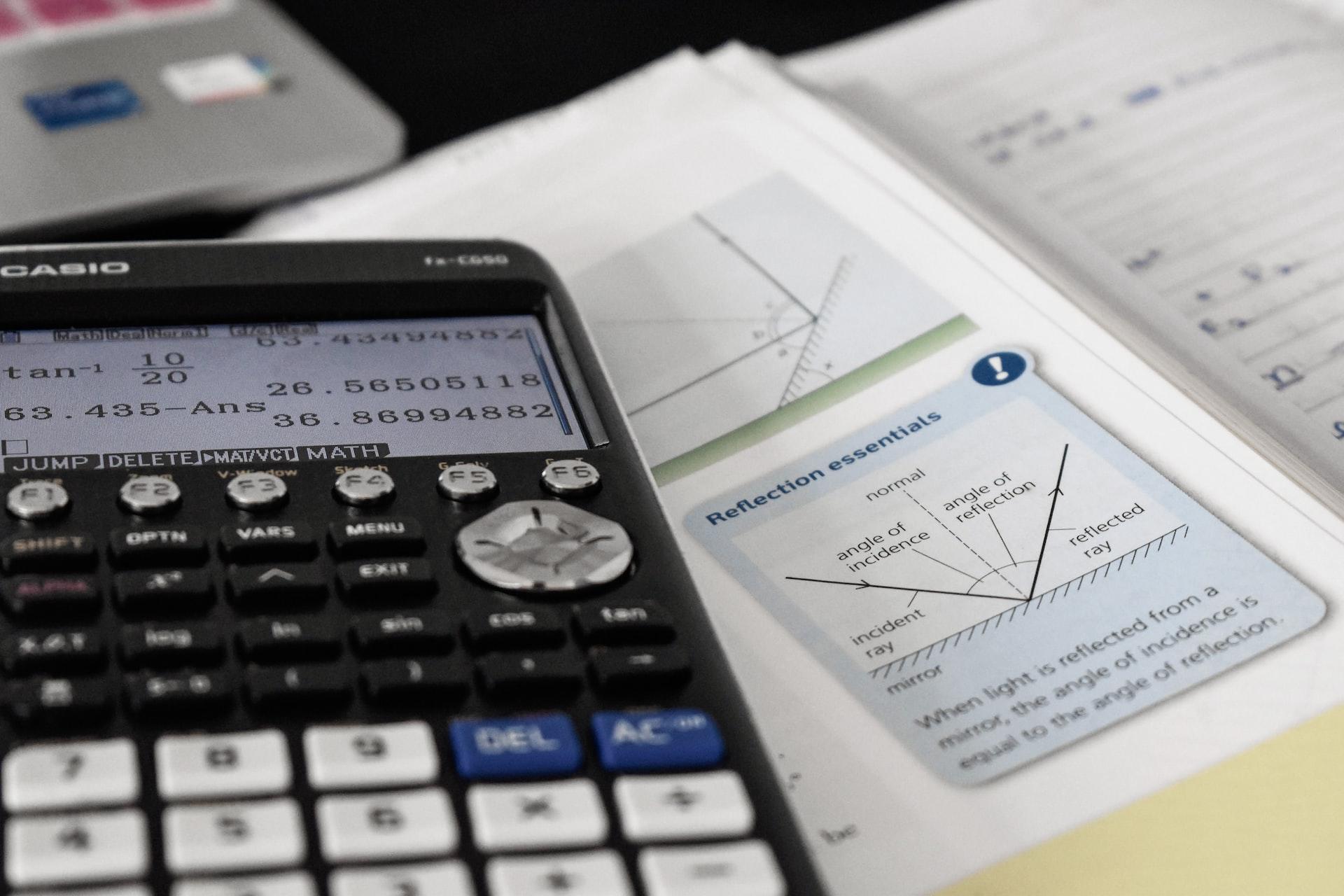
Fortunately, maths is a really useful subject in everyday life, as shown in both the Essential Mathematics and General Mathematics Streams. Many different jobs require maths skills, but you can also use maths in a lot of different everyday situations from the bank to the supermarket.
Maths is also a really useful subject for a lot of students going to university as it'll be a requirement for both their admission onto a course and part of their course. If you're interested in maths, engineering, medicine, science, IT, business, economics, or a whole bunch of other subjects and majors, you need to have both studied maths in school and have done well in it!
As we've mentioned, though, you have plenty of different ways to study maths and help is out there whether it's through useful resources to help you study or a private tutor to help you outside of class.
Summarise with AI:

